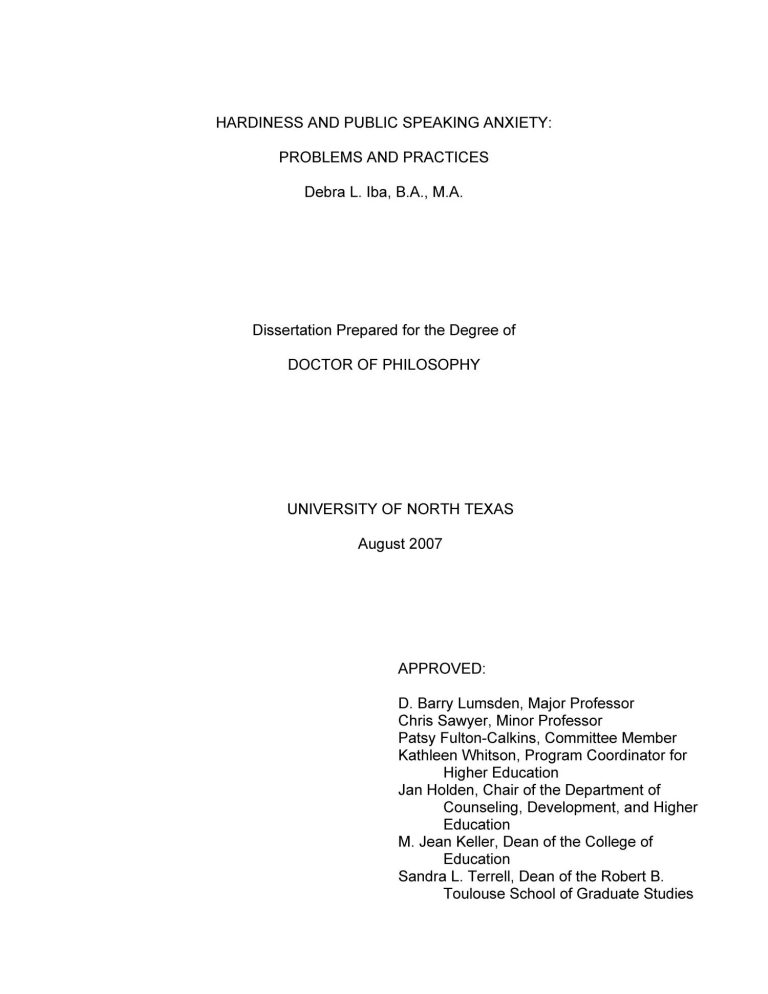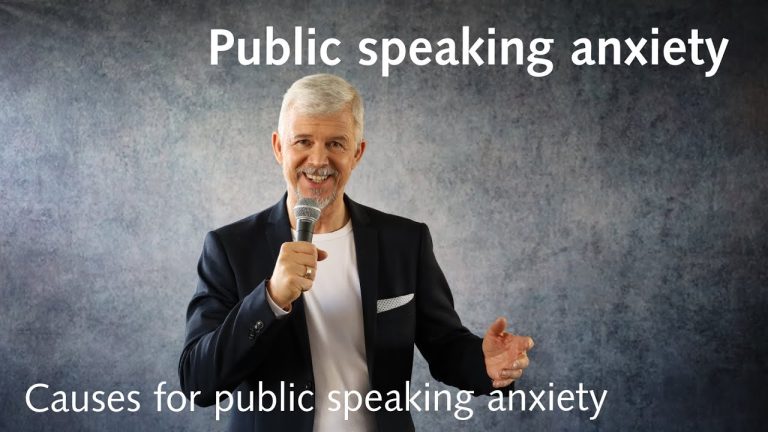What Are Annoying Filler Words?
Have you ever found yourself engaged in a conversation, only to be distracted by the excessive use of filler words? You know, those little words that tend to creep into our speech and clutter our sentences, often without adding any real substance or meaning? Well, you’re not alone. Annoying filler words, such as “um,” “like,” and “you know,” have become all too common in our everyday conversations. But what exactly are these filler words, and why do they have such a knack for driving us crazy? Join us as we delve into the world of these linguistic nuisances and explore ways to minimize their impact on our communication.
What are annoying filler words?
Annoying filler words are words or phrases that are used excessively in speech or writing and do not contribute any meaningful content to the conversation or message. These words tend to be overused and can become distracting or irritating to the listener or reader. They often serve as verbal crutches or fillers when someone is unsure of what to say or wants to buy time to think.
Common examples of annoying filler words include “like,” “um,” “uh,” “you know,” “basically,” “literally,” “so,” and “kind of.” While these words may occasionally have a legitimate purpose, their excessive use can make the speaker or writer appear less confident, less credible, or less articulate. Filler words can also disrupt the flow of communication and hinder effective understanding.
Why do people use annoying filler words?
People use annoying filler words for various reasons. One common reason is to fill pauses or silence in their speech, especially when they are unsure of what to say next or need time to gather their thoughts. Some individuals use filler words as a habit or speech pattern, which they may have developed unconsciously over time.
Another reason for using filler words is to seek validation or approval from the listener. People may use these words to gauge the listener’s reaction or to ensure they are being understood. Additionally, filler words can be used as a way to soften the delivery of a message or to add emphasis to a point.
What impact do annoying filler words have on communication?
Annoying filler words can have several negative impacts on communication. First, they can distract the listener or reader from the main message or content being conveyed. Instead of focusing on the substance of the communication, the listener may become fixated on the excessive use of filler words.
Second, filler words can make the speaker or writer appear less confident or knowledgeable. Overusing filler words can give the impression that the person lacks fluency or mastery over the topic being discussed. This can diminish the credibility of the speaker and undermine the effectiveness of their communication.
How can one reduce the use of annoying filler words?
Reducing the use of annoying filler words requires conscious effort and practice. One effective way to minimize the use of filler words is to slow down the pace of speech or writing. By taking deliberate pauses, the speaker or writer can gather their thoughts and avoid relying on fillers to bridge moments of uncertainty.
Another helpful technique is to become more aware of one’s speech patterns and actively listen to oneself during conversations or presentations. By being mindful of filler word usage, individuals can catch themselves in the act and consciously replace filler words with more meaningful and precise language.
Are annoying filler words always bad for communication?
While annoying filler words are generally considered detrimental to effective communication, there may be situations where their use can serve a purpose. For example, in informal settings or casual conversations, the use of filler words may be more socially acceptable and less likely to hinder understanding.
However, it is important to be mindful of the context and audience when deciding whether to use filler words. In formal or professional settings, the excessive use of fillers can undermine one’s credibility and professionalism. It is generally advisable to limit or eliminate the use of annoying filler words in these situations.
What are some alternatives to annoying filler words?
Instead of relying on annoying filler words, individuals can use various alternatives to enhance their communication. One effective alternative is to practice active listening and respond thoughtfully. By actively engaging in the conversation, individuals can provide more meaningful contributions without resorting to fillers.
Another alternative is to use concise and precise language. By choosing words carefully and structuring sentences effectively, individuals can convey their message with clarity and efficiency. Additionally, taking the time to prepare and organize thoughts before speaking or writing can reduce the need for fillers.
What impact do annoying filler words have on public speaking?
In public speaking, the excessive use of annoying filler words can significantly impact the effectiveness of the presentation. Fillers can distract the audience, making it difficult for them to fully engage and comprehend the message being delivered. It can also create the impression that the speaker lacks confidence or expertise.
Filler words can disrupt the flow of the speech and make it sound unpolished or unprofessional. They can also cause the speaker to lose credibility, as the audience may perceive them as less knowledgeable or prepared. Therefore, minimizing the use of fillers is crucial for delivering a clear and impactful public speech.
How can one become aware of their use of annoying filler words?
Becoming aware of one’s use of annoying filler words requires self-reflection and feedback from others. Individuals can record themselves speaking or delivering a presentation and listen back to identify any recurring filler words. They can also ask trusted friends, colleagues, or mentors to provide constructive feedback on their speech patterns.
Another helpful technique is to practice mindful communication. By consciously paying attention to the words and phrases one uses during conversations, individuals can catch themselves when they resort to fillers. Over time, this awareness can help in reducing and eventually eliminating the use of annoying filler words.
Do annoying filler words affect written communication as well?
While annoying filler words are more commonly associated with spoken communication, they can also impact written communication. In written form, filler words can make the text appear less concise and more verbose. This can affect the clarity and readability of the content.
Overusing filler words in writing can also diminish the impact of the message and make it less persuasive. Readers may become distracted or lose interest if they encounter excessive fillers. Therefore, it is important to be mindful of filler word usage when writing and strive for precision and clarity in the text.
What role does awareness play in reducing the use of annoying filler words?
Awareness is a crucial factor in reducing the use of annoying filler words. Without being aware of their own speech patterns and habits, individuals may continue to use fillers unconsciously. Developing awareness allows individuals to catch themselves in the act and make a conscious effort to replace fillers with more meaningful language.
By actively monitoring one’s speech or writing, individuals can identify specific situations or triggers that lead to the excessive use of filler words. This awareness, combined with the motivation to improve communication skills, can empower individuals to consciously reduce the use of annoying filler words.
Can annoying filler words be eliminated completely?
While it may be challenging to completely eliminate the use of annoying filler words, it is possible to significantly reduce their frequency and impact. With practice and awareness, individuals can develop a more conscious and deliberate approach to communication, which minimizes the reliance on fillers.
However, it is important to note that some occasional use of filler words may be inevitable, especially in spontaneous or informal conversations. The goal should be to use fillers sparingly and purposefully, rather than relying on them habitually. By continuously working on improving communication skills, individuals can gradually reduce the use of annoying filler words.
Are annoying filler words a cultural phenomenon?
Annoying filler words can vary across cultures and languages. Some cultures may have specific filler words or phrases that are commonly used in conversation. These fillers can serve different purposes or have different meanings, depending on the cultural context.
Filler words can also be influenced by regional dialects or accents within a language. What may be considered a filler word in one culture or region may not be perceived in the same way in another. Therefore, the prevalence and impact of annoying filler words can be influenced by cultural factors.
Can excessive use of annoying filler words be a sign of nervousness or anxiety?
The excessive use of annoying filler words can indeed be a sign of nervousness or anxiety. When individuals are in high-pressure situations or feel self-conscious, they may resort to fillers as a way to buy time or alleviate their discomfort.
Fillers can serve as a buffer or distraction, allowing individuals to momentarily divert their attention from their anxiety. However, relying too heavily on fillers can perpetuate a cycle of nervousness, as the excessive use of fillers can further undermine confidence and increase self-awareness. Addressing the underlying causes of anxiety can help reduce the reliance on annoying filler words.
Why are annoying filler words considered unprofessional in certain contexts?
Annoying filler words are considered unprofessional in certain contexts because they can diminish the credibility and effectiveness of communication. In professional settings, individuals are expected to convey their ideas and messages clearly and concisely.
The excessive use of fillers can make the speaker or writer appear less confident, less knowledgeable, or less prepared. It can also create the perception that the person lacks fluency or mastery over the topic being discussed. In order to maintain professionalism and be taken seriously, it is important to minimize the use of annoying filler words in these contexts.
Can annoying filler words be a distraction in interviews or presentations?
Yes, annoying filler words can be a significant distraction in interviews or presentations. When individuals use excessive fillers, it can divert the attention of the interviewer or audience away from the main content of the conversation or presentation.
The overuse of fillers can make it difficult for the interviewer or audience to follow the message being conveyed. It can also create a negative impression of the speaker’s communication skills and professionalism. Therefore, it is crucial to be mindful of filler word usage during interviews or presentations to ensure clear and effective communication.
What are the consequences of using annoying filler words in professional settings?
Using annoying filler words excessively in professional settings can have several consequences. Firstly, it can undermine the speaker’s credibility and professionalism. The excessive use of fillers can create the impression that the person lacks fluency or mastery over the topic being discussed.
Secondly, using fillers can hinder effective communication. Colleagues or clients may become distracted or lose interest in the conversation if they encounter excessive fillers. This can lead to misunderstandings or a decrease in productivity.
Are there any benefits to using annoying filler words?
While the excessive use of annoying filler words is generally discouraged, there may be some benefits to their occasional use. Fillers can help individuals buy time to gather their thoughts or formulate a response, especially in spontaneous or high-pressure situations.
Additionally, fillers can serve as conversational cues, indicating to the listener that the speaker is not finished speaking or is seeking validation or agreement. However, it is important to use fillers sparingly and purposefully, rather than relying on them habitually, to avoid their potential negative impact on communication.
Can annoying filler words be seen as a lack of confidence?
Yes, the excessive use of annoying filler words can be seen as a lack of confidence. Fillers are often used as verbal crutches or fillers when someone is unsure of what to say or wants to buy time to think.
The overuse of fillers can give the impression that the speaker lacks confidence in their own words or ideas. It can also create the perception that the person is not fully prepared or knowledgeable about the topic being discussed. Therefore, minimizing the use of annoying filler words can help project confidence and credibility.
Are annoying filler words more prevalent in certain age groups?
While annoying filler words can be used by individuals of any age, they may be more prevalent in younger age groups. Younger individuals, particularly adolescents or young adults, may rely on fillers more frequently as they are still developing their communication skills and confidence.
However, it is important to note that the use of fillers is not limited to any specific age group. People of all ages can use fillers in their speech or writing, depending on their individual habits or speech patterns. The prevalence of annoying filler words can vary widely among individuals within each age group.
Can the use of annoying filler words be a cultural norm?
The use of annoying filler words can be influenced by cultural norms and expectations. In some cultures, the use of certain filler words or phrases may be more prevalent and socially acceptable in conversation.
These cultural norms can shape individuals’ speech patterns and habits, leading to the use of fillers as a common practice. However, it is important to be mindful of the context and audience when deciding whether to use filler words, as they may be perceived differently in different cultural settings.
Can the use of annoying filler words hinder effective listening?
Yes, the use of annoying filler words can hinder effective listening. When individuals excessively use fillers, it can make it more challenging for the listener to focus on the main message or content being conveyed.
Fillers can create distractions and interrupt the flow of communication, making it difficult for the listener to fully understand or engage with the speaker. Therefore, minimizing the use of annoying filler words is important to facilitate effective listening and comprehension.
What is the difference between filler words and verbal tics?
The main difference between filler words and verbal tics is their purpose and frequency of use. Fillers are words or phrases that are used excessively and do not contribute any meaningful content to the conversation. They are often used as verbal crutches or fillers when someone is unsure of what to say or wants to buy time to think.
Verbal tics, on the other hand, refer to involuntary repetitions or sounds that individuals make while speaking. These tics may include stuttering, hesitations, or involuntary vocalizations. Verbal tics are often associated with neurological conditions or speech disorders and are not used intentionally as fillers.
Can annoying filler words be a sign of poor communication skills?
The excessive use of annoying filler words can be an indication of poor communication skills. Fillers can make the speaker appear less confident, less knowledgeable, or less articulate. They can disrupt the flow of communication and hinder effective understanding.
However, it is important to note that the use of fillers alone does not define one’s communication skills. Communication skills encompass various aspects, including clarity, organization, active listening, and non-verbal communication. Minimizing the use of annoying filler words is one aspect of improving overall communication skills.
How to Avoid Filler Words
In conclusion, annoying filler words are unnecessary words or phrases that are often used in conversation or writing but do not add any meaningful content. These words can be distracting and make the text or speech less engaging. By being aware of and minimizing the use of filler words, we can improve the clarity and effectiveness of our communication.
One common type of filler word is “like.” This word is often used as a verbal crutch, inserted into sentences without adding any real value. It can make the speaker sound less confident and undermine the credibility of their message. By consciously eliminating or reducing the use of “like,” we can make our speech more concise and persuasive.
Another example of an annoying filler word is “um” or “uh.” These words are often used as placeholders when the speaker is searching for the right words or trying to gather their thoughts. While it is natural to use these words occasionally, excessive and repetitive use can make the speaker appear uncertain or unprepared. By practicing pausing and collecting our thoughts before speaking, we can reduce the use of “um” and “uh” and come across as more confident and articulate.
Additionally, filler phrases such as “you know,” “I mean,” or “sort of” can diminish the impact of our message. These phrases can make our statements sound vague or uncertain, weakening the overall clarity and persuasiveness. By consciously eliminating these filler phrases and opting for more direct and specific language, we can enhance the effectiveness of our communication and engage our audience more effectively.
In conclusion, by recognizing and minimizing the use of annoying filler words, we can improve the readability and engagement of our text and speech. Whether it is eliminating the excessive use of “like,” reducing the frequency of “um” and “uh,” or eliminating filler phrases, being mindful of our language choices can greatly enhance our communication skills. Let’s strive to communicate more effectively by eliminating unnecessary fillers and delivering our messages with clarity and impact.



